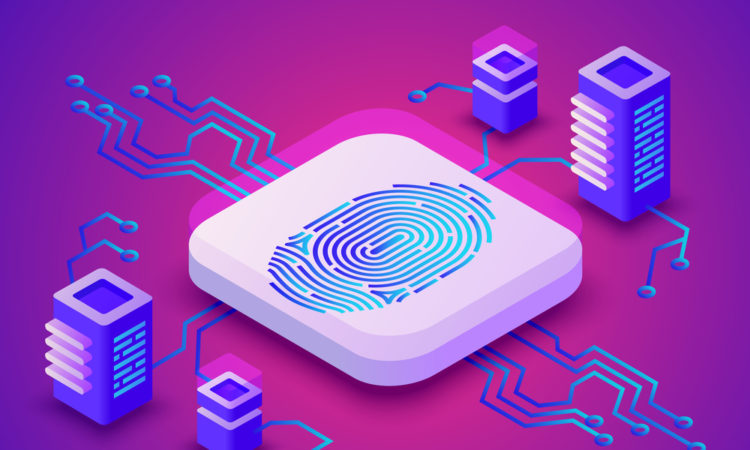u2unetwork
New member
Introduction to Blockchain in Digital Identity
You must be registered for see links
is transforming the way individuals and organizations manage and secure personal data. By leveraging the decentralized and immutable nature of blockchain technology, digital identity solutions can provide enhanced security, privacy, and control over personal information. In the context of DePIN (Decentralized Physical Infrastructure Networks), blockchain-based digital identity systems offer significant benefits, ensuring reliable and secure identity management for various applications.
What is Blockchain in Digital Identity?
Blockchain in digital identity refers to the use of blockchain technology to create, manage, and verify digital identities. Blockchain provides a decentralized and tamper-proof ledger that records identity information securely and transparently. This ensures that individuals have greater control over their personal data, and organizations can verify identities more efficiently and securely.Key Features of Blockchain in Digital Identity
- Decentralization: Blockchain eliminates the need for a central authority, distributing control over identity data across a decentralized network.
- Security: The cryptographic nature of blockchain ensures that identity information is securely stored and protected against unauthorized access and tampering.
- Transparency: Blockchain provides a transparent ledger of identity transactions, ensuring accountability and traceability.
- User Control: Individuals have greater control over their identity information, deciding what data to share and with whom.
How Blockchain in Digital Identity Benefits DePIN Projects
DePIN (Decentralized Physical Infrastructure Networks) utilize blockchain technology to manage and optimize physical infrastructure. Blockchain-based digital identity solutions offer several benefits for DePIN projects:- Enhanced Security: Blockchain ensures that identity data is securely stored and protected, reducing the risk of identity theft and fraud in infrastructure management systems.
- Improved Privacy: Individuals retain control over their personal data, deciding what information to share, thus enhancing privacy in DePIN applications.
- Efficient Verification: Blockchain enables quick and reliable verification of identities, streamlining processes such as access control and user authentication in infrastructure networks.
- Transparency and Accountability: The immutable ledger of blockchain ensures transparent and auditable records of identity transactions, enhancing accountability in DePIN projects.
Examples of Blockchain in Digital Identity for DePIN
- Smart Cities: In smart city initiatives, blockchain-based digital identity solutions can manage residents' identities, ensuring secure and efficient access to city services and resources.
- Supply Chain Management: Blockchain can verify the identities of suppliers, manufacturers, and other stakeholders, ensuring transparency and trust throughout the supply chain.
- Energy Management: Decentralized energy grids can use blockchain to manage the identities of consumers and producers, ensuring secure and efficient transactions.
Future Trends in Blockchain in Digital Identity
The future of blockchain in digital identity is evolving, with ongoing advancements expected to enhance its capabilities and applications:- Integration with IoT: Combining blockchain with the Internet of Things (IoT) can enable more secure and efficient identity management for connected devices in infrastructure networks.
- Self-Sovereign Identity (SSI): SSI systems, powered by blockchain, will allow individuals to own and control their digital identities, enhancing privacy and security.
- Interoperability: Future digital identity solutions will focus on improving interoperability between different blockchain networks and traditional systems, ensuring seamless identity verification across various platforms.
By leveraging blockchain in digital identity, DePIN projects can ensure secure and reliable identity management, enhancing the overall efficiency and trustworthiness of decentralized infrastructure systems. As blockchain technology continues to advance, innovations in digital identity solutions will further enhance the capabilities and performance of DePIN applications.
Understanding and implementing blockchain-based digital identity solutions will enable businesses and developers to harness the full potential of blockchain technology, driving innovation and success in the decentralized world.
Read more:
You must be registered for see links



